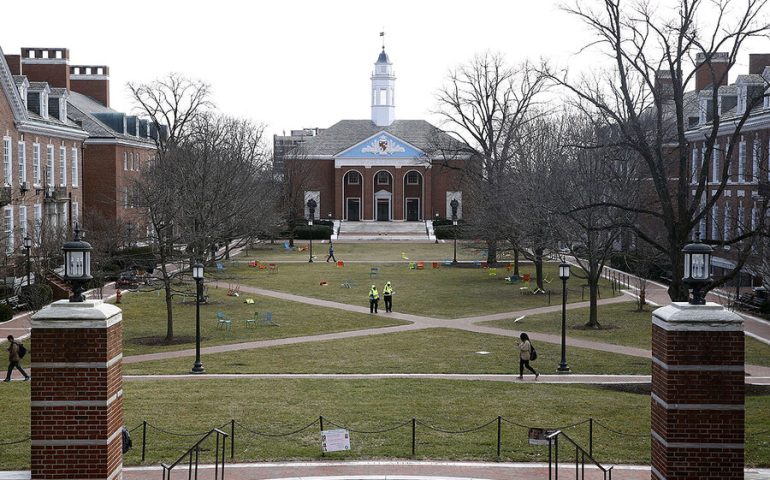Introduction
Legacy admissions—the practice of giving preferential treatment to applicants who are children or relatives of alumni—has been a long-standing tradition in many American colleges. However, amidst growing concerns over fairness and equity in higher education, several institutions are rethinking this policy.
1. The Debate over Legacy Admissions
Legacy admissions have been a contentious topic. Advocates argue that this practice fosters multi-generational loyalty, incentivizes alumni donations, and maintains tradition. However, critics highlight that it disproportionately favors affluent families and perpetuates inequality in a system that should champion meritocracy.
Justice Louis D. Brandeis once said, “We can either have democracy in this country or we can have great wealth concentrated in the hands of a few, but we can’t have both.” Applying this sentiment to higher education, it suggests that policies like legacy admissions, which favor a privileged few, might be antithetical to the principles of democratic access and equal opportunity.
2. Shifting Trends in Legacy Admissions
Recent years have witnessed an increasing number of colleges either scaling back or eliminating their legacy admissions practices. This shift is a response to the broader demand for increased transparency and fairness in college admissions.
For instance, Johns Hopkins University announced in 2020 that it had stopped considering legacy status in admissions decisions. University President Ronald J. Daniels noted, “When it comes to the task of identifying the most promising students, legacy preference has had its day.”
Similarly, Amherst College, another leading institution, has made it clear that legacy preference carries minimal weight in their admission process.
3. The Impact on Alumni Giving
One of the primary reasons colleges have upheld legacy admissions is the belief that it encourages alumni donations. However, studies suggest that the correlation between legacy admissions and alumni giving is weaker than presumed.
A study by Chad Coffman, Tara O’Neil, and Brian Starr indicates that legacy preferences have little to no impact on donations. The researchers found no statistically significant effect on total alumni giving when legacy admissions were removed.
Thus, the financial argument for legacy admissions might not be as robust as it once seemed.
4. The Role of Technology in Admissions Equity
As colleges strive for fairer admissions, technology can be a powerful tool. From online applications that reach a broader demographic to data-driven decision-making processes, technology can help level the playing field.
College applications portals like the Common Application and the Coalition Application have democratized the application process, making it easier for students, regardless of their background, to apply to multiple schools.
Additionally, data analytics can help colleges understand their applicant pool better and identify areas where they need to improve diversity.
5. Policies to Enhance Equity
Besides reevaluating legacy admissions, there are several other policies colleges can adopt to promote equity. These include need-blind admissions, increased need-based financial aid, partnerships with high schools in underserved communities, and more holistic admissions practices that look beyond test scores.
For example, the University of California system has decided to phase out SAT and ACT requirements for admission, a move aimed at reducing barriers for students from disadvantaged backgrounds.
6. The Future of Legacy Admissions
While many colleges are revisiting their legacy admissions practices, it’s not a uniform trend. Some institutions maintain the status quo, while others are debating their next steps.
However, given the increasing public scrutiny and the demand for more equitable higher education, it’s likely that more colleges will move away from legacy preference in the future.
Conclusion
The reevaluation of legacy admissions reflects a broader movement towards equity in higher education. As colleges reassess this practice, they have an opportunity to redefine their values and reinforce their commitment to equal opportunity.
As Martin Luther King Jr. said, “The time is always right to do what is right.” For many colleges, it seems the right time to reconsider legacy admissions. As they move forward, the broader implications of this shift—for alumni relations, institutional finances, and most importantly, for future students—will unfold.










